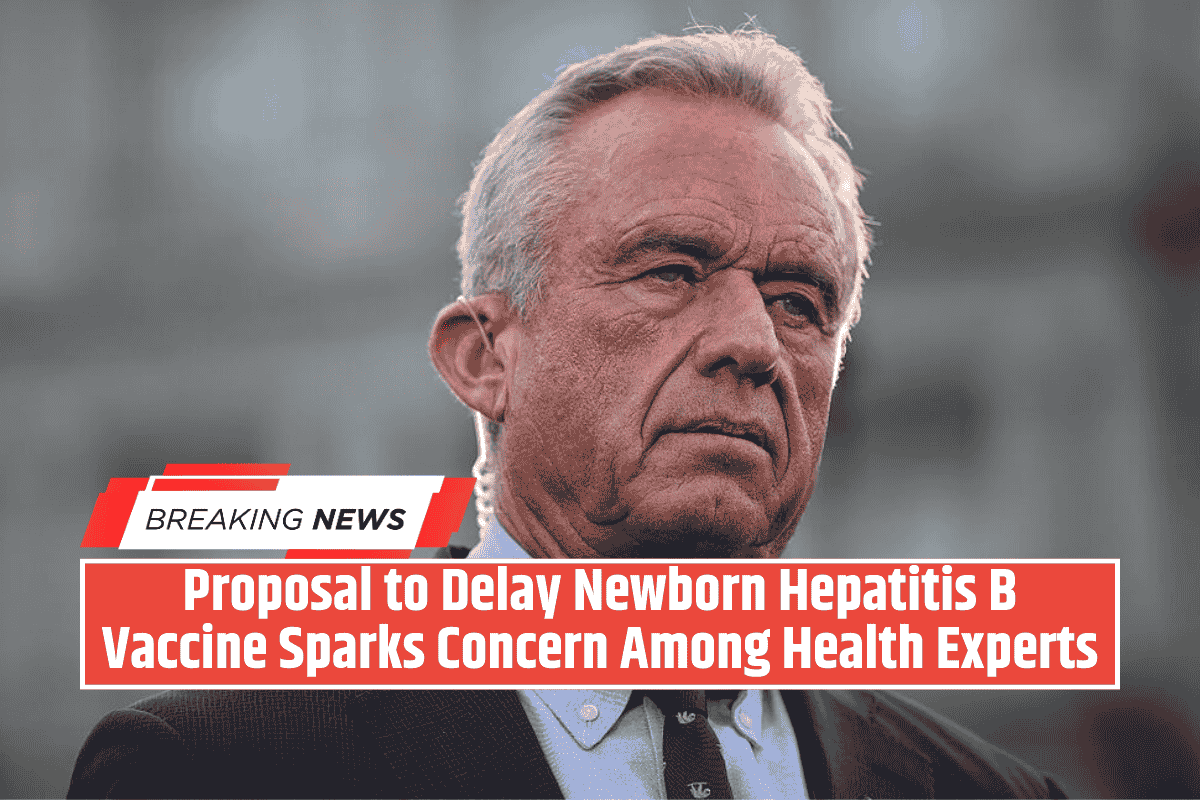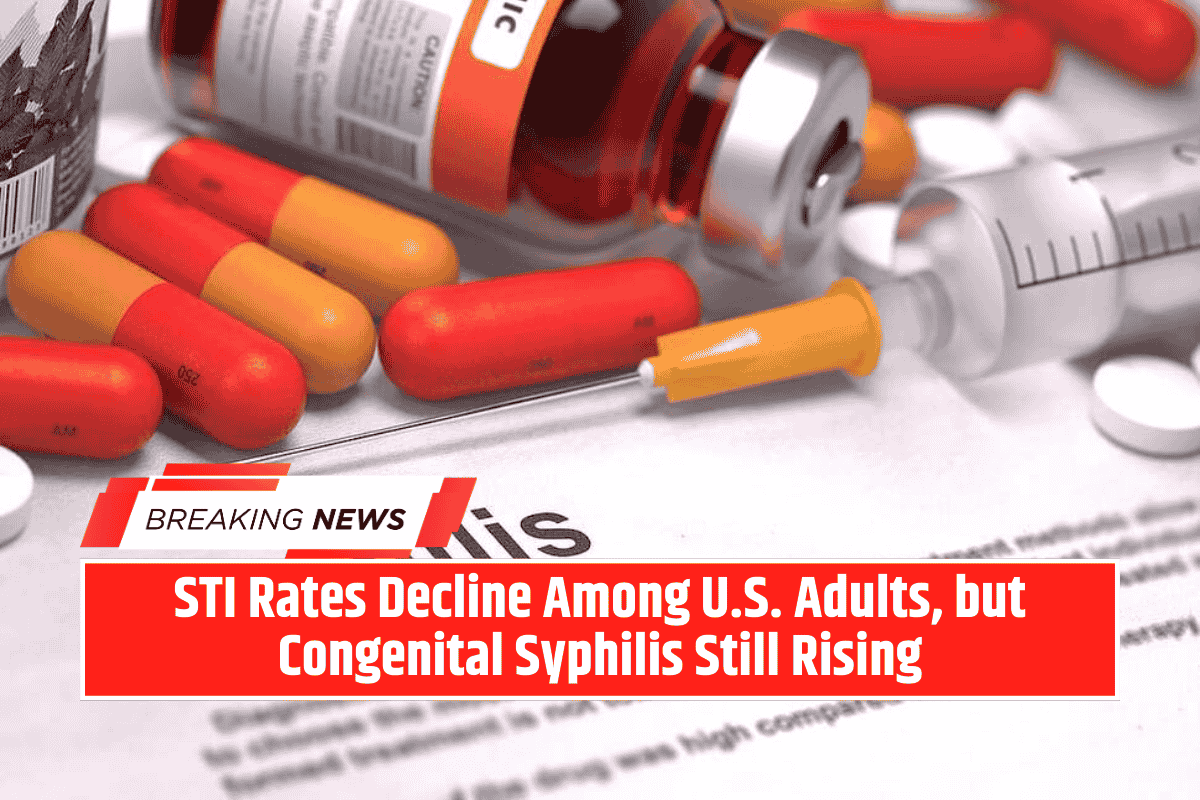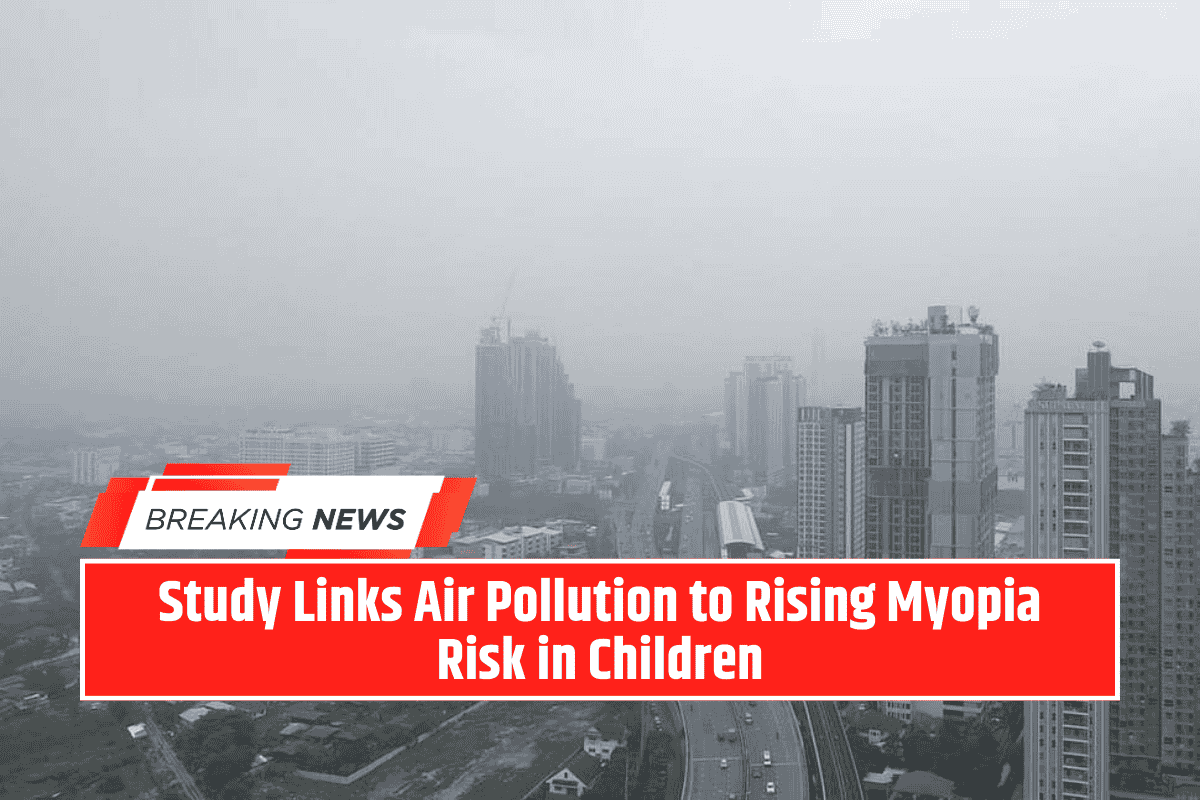For over 30 years, newborn babies in the U.S. have been protected from hepatitis B through a vaccine given shortly after birth. This routine has been a public health success, drastically reducing hepatitis B cases in children.
But now, a key federal vaccine advisory panel—recently restructured by Health and Human Services Secretary Robert F. Kennedy Jr.—may recommend delaying this vaccine until age 4. This proposal is creating serious concern among doctors, scientists, and public health experts across the country.
What Is the New Proposal All About?
The CDC’s Advisory Committee on Immunization Practices (ACIP) is expected to vote on this change during its meeting on September 18–19. Currently, the hepatitis B vaccine is given in three doses, with the first shot administered within 24 hours of birth. The new recommendation could delay that first dose until the child is 4 years old.
Former CDC officials and pediatricians say this is a major shift and warn it could put many children at risk. They believe the move is being pushed without the usual scientific review or analysis.
Normally, any change to vaccine policy would be based on detailed data and input from expert workgroups—but that hasn’t happened yet.
Why Is the Birth Dose Important?
The hepatitis B virus spreads through contact with infected blood or bodily fluids. A mother who has hepatitis B can unknowingly pass the virus to her baby during childbirth. Vaccinating newborns protects them immediately and reduces the risk of developing chronic liver disease later in life.
Key reasons for giving the vaccine at birth:
- It blocks the virus if the baby is exposed during delivery.
- It’s highly effective and safe.
- It protects against liver cancer and other complications in the long run.
- It’s a universal approach that avoids missing high-risk cases.
Dr. Eric Ball, a pediatrician, says, “Age 4 makes zero sense,” emphasizing that the current system is designed to catch every possible case—even if a mother tests negative during pregnancy.
What Are the Risks of Delaying the Vaccine?
Delaying the first dose of the hepatitis B vaccine could:
- Increase the number of children infected with the virus.
- Lead to more chronic infections that may go unnoticed for years.
- Make schools and day care centres less safe for unvaccinated children.
- Shift the financial burden onto parents if insurers stop covering the vaccine.
The CDC warns that babies infected at birth have a 90% chance of developing a lifelong infection. These children may not show symptoms for years but are at higher risk for cirrhosis, liver failure, or liver cancer in adulthood.
Real-Life Impact: Stories From Those Affected
Wendy Lo, who has lived with hepatitis B since birth, is one of many who are deeply concerned about the proposed change. Her infection has affected almost every part of her life—from mental health to medical expenses. She made sure her children got vaccinated at birth to protect them.
“I would not want anyone to have to experience that if it can be prevented,” she says. Her story is a powerful reminder of why early protection matters.
How Has Universal Vaccination Helped?
Before the vaccine was given at birth, hepatitis B was mainly thought to affect high-risk groups like drug users and healthcare workers. But research in the 1980s and 1990s showed that newborns and children were also vulnerable.
Since the CDC’s recommendation in 1991 to vaccinate all newborns:
- Cases among children have dropped from 3.03 per 100,000 to less than 0.1.
- The disease has been nearly wiped out in American children.
- Long-term health outcomes have improved for those at risk.
Doctors agree that testing pregnant women alone isn’t reliable enough. False negatives, late infections, or lack of testing altogether can still lead to transmission.
What Happens If the Policy Changes?
If the CDC changes its guidelines:
- Health insurance companies may stop covering the shot.
- Families may have to pay out-of-pocket for a vaccine that was once free.
- Low-income children could lose access through government programs.
- The next generation may face a hepatitis B resurgence.
Doctors like Dr. William Schaffner warn that stopping newborn vaccinations could undo decades of progress. “We’ll see cases of hepatitis B once again occur,” he says.
The Bigger Picture
This proposed change is not just about one vaccine. ACIP is also reviewing guidelines for other vaccines like MMRV (measles, mumps, rubella, and varicella) and COVID-19. Pediatricians worry that changing these schedules could make vaccines harder to access for families, especially those already facing health inequalities.
With millions of children protected over the past 30 years, many experts believe the current system should not be tampered with lightly.
Changing the hepatitis B vaccine schedule could put many children at risk, especially newborns who are most vulnerable. While reviewing health policies is important, such decisions should always be based on strong scientific evidence and expert input.
For now, the birth dose of the hepatitis B vaccine remains one of the most effective tools in preventing serious, lifelong illness. Doctors, parents, and public health advocates hope that evidence and experience will guide the final decision.









